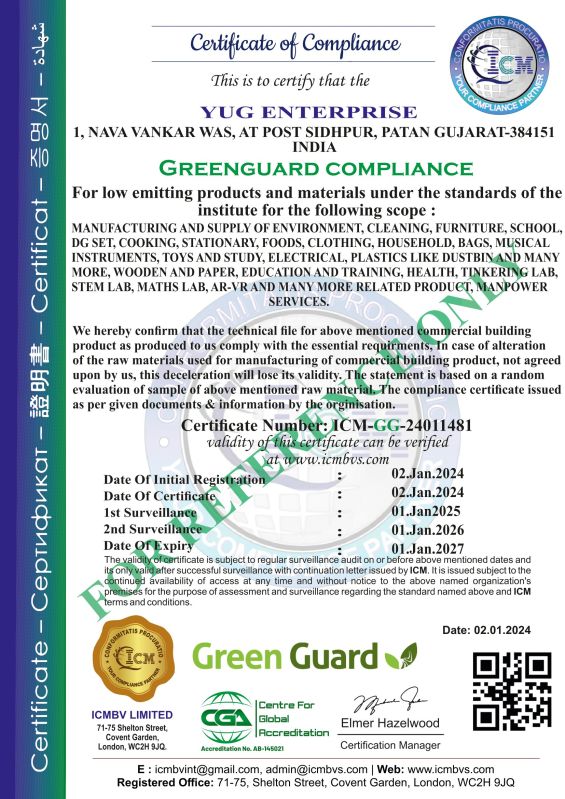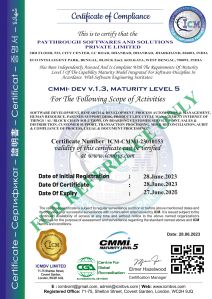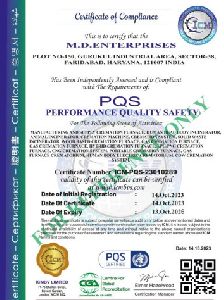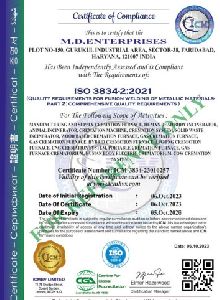- Ghaziabad, Uttar Pradesh
- GST NO. : 09AAWCA1337R1ZT
- View Mobile Number
Indoor air quality is a crucial aspect of our health and well-being, especially in a world where we spend most of our time indoors. As a result, many individuals and organizations are taking steps to ensure that the products and materials we use in our indoor spaces are safe and have low chemical emissions. This is where Green Guard Certification comes in. In India, this certification has become increasingly popular, allowing manufacturers to create and buyers to identify products that meet strict environmental standards. Let’s explore the importance of Green Guard Certification and how it’s helping to create a safer and healthier indoor environment in India.
I. Introduction
Brief explanation of Green Guard Certification
Green Certification is a rigorous program that products for low chemical emissions. This program is designed to ensure that products do not cause indoor air pollution and contribute to harmful effects on human health. The certification is conducted by the Greenguard Environmental Institute, which is a non-profit organization recognized globally. The program has two tiers of certification: Green Guard and Green Guard Gold. The latter has even higher standards of testing and is recommended for those who are more sensitive to air pollution, such as children or elderly people. The certification process involves testing products in specially-designed testing chambers for up to two weeks, where they are subjected to controlled temperatures and humidity levels. The testing checks for over 10,000 chemicals and VOC emissions, ensuring that the products meet the strict standards of low emission levels set by the certification program. Obtaining Green Guard Certification shows a manufacturer’s commitment to a healthier environment and can provide a competitive advantage by appealing to consumers who are more health- and environment-conscious.
Significance of the certification in India
Green Guard Certification is becoming increasingly significant in India due to the rapid industrialization and urbanization in the country. The certification ensures that the products or materials used inside buildings have low chemical emissions, which improves the indoor air quality and reduces exposure to harmful chemicals. The certification is especially important for schools, healthcare facilities, and homes, where people spend most of their time indoors. With the rising concern over indoor air pollution and its impact on human health, the certification has become a benchmark of quality for manufacturers in India. Green Guard certification gives Indian manufacturers a competitive edge by enhancing their reputation and promoting their commitment to protecting human health and the environment. Moreover, with the stringent regulations and standards put in place by the government, the certification has become a necessity for manufacturers to ensure that their products comply with the required standards and regulations. In conclusion, Green Guard certification is an important tool for promoting healthier indoor environments in India and building a sustainable future.
The purpose of Green Guard Certification
The purpose of Green Guard Certification is to ensure that products and materials have low chemical emissions that are safe for human health. With the growing concern of indoor air pollution and its impact on human health, Green Guard Certification provides a solution to help improve indoor air quality. By testing products in strict testing chambers, the certification ensures that they emit minimal volatile organic compounds (VOCs) which are harmful chemicals that can lead to respiratory diseases and cancer. Green Guard Certified products also provide manufacturers with a competitive advantage, as they demonstrate their commitment to sustainability and health.













